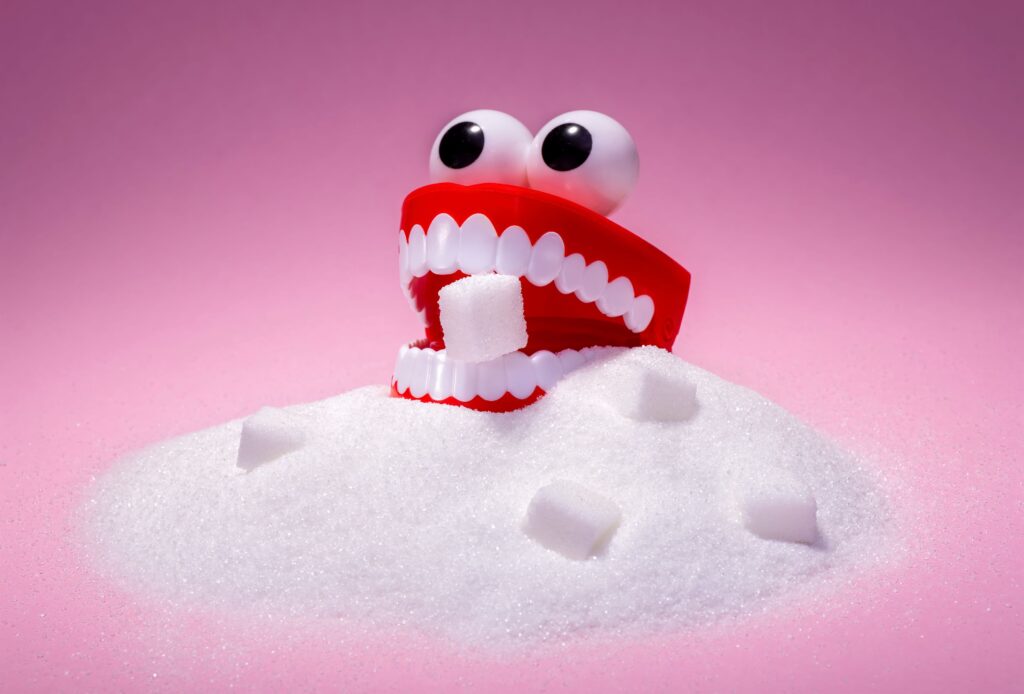Taste Troubles: 3 Ways Dentures Impact Flavors
September 20, 2024

If you’ve lost several or all your adult teeth, your dentist can provide lifelike full or partial dentures to replace them. With your restoration in place, you’ll be able to smile, speak, and eat much more easily.
However, many patients who are new to wearing prosthetics experience a sudden lack of taste that they can’t explain. Continue reading to learn more about three reasons why this sometimes happens and what you can do!
Cause #1: Aging
According to the CDC, approximately 26% of adults aged 65 or older have 8 or fewer teeth remaining, while 17% of them have lost them all. It’s much more common for pearly whites to go missing in your later years, so seniors are also more likely to need dentures.
Unfortunately, aging can also impact your mouth in other ways, too. For instance, your ability to detect different flavors can diminish greatly, though unevenly. Some tastes can be halved, while others are only about 1/9th as strong as you’re used to.
Sugary and salty foods often can be more easily sensed, so many people lean heavily on foods with high levels of these ingredients. They attract harmful bacteria that can cause gum disease, though, so be sure that you clean your mouth and dentures twice daily.
Cause #2: Blocked Receptors
Your body receives input about the flavors of the foods you’re eating through thousands of tastebuds that are located all around your mouth. Your tongue contains 10,000 of these receptors that send signals to your brain about the different flavors detected. Many people don’t realize they also exist on the roof of your mouth, epiglottis, and pharynx.
If you’re wearing a full set of dentures, the acrylic base relies on a firm suction against the gummy tissues over your bony ridges to remain firmly in place. This covers the roof of your mouth and blocks the tastebuds there which can leave your meals tasting lackluster.
Cause #3: Buildup
Even if you have no natural teeth remaining, it’s imperative that you maintain a consistent at-home dental hygiene routine to keep your mouth and dentures clean. Otherwise, bacteria in your mouth work in tandem with leftover bits of food to form a sticky layer of plaque over your prosthetic. In time, the buildup of germs and other particles can result in a smelly residue that affects your sense of taste. Thankfully, removing your dentures twice daily to gently scrub them with a soft-bristled toothbrush and mild dish soap can keep them clean and clear.
If you’re new to dentures and are having issues with your sense of taste, have developed sores, or have noticed that your restoration is loose or clicking, contact your dentist right away to let them know! They can work with you to find an appropriate solution to refurbish your smile while maintaining your daily quality of life.
About the Author
Dr. Ukti Phadnis offers a full array of high-quality dental care services to meet all your needs conveniently under one roof. She earned her Doctor of Medicine in Dentistry from the UConn School of Dental Medicine and has completed continuing educational courses in a number of topics to become a better clinician. She welcomes patients of all ages and takes the time to get to know you so she can create solutions tailored to you. Then, she utilizes advanced dental technology to increase your comfort and enhance the accuracy of treatment results. If you’re worried about your dentures, you can request an appointment on the website or call (860) 236-4249.

